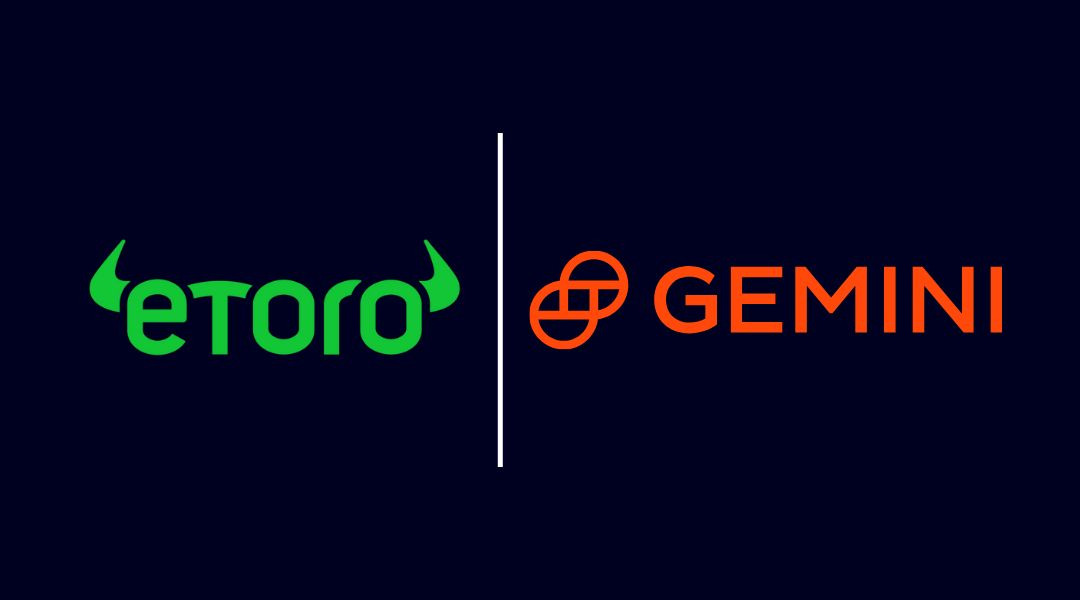A Texas-based cryptocurrency company, Lejilex, in conjunction with the Crypto Freedom Alliance of Texas (CFAT), launched a legal challenge against the US Securities and Exchange Commission (SEC) on Wednesday. The lawsuit, filed in federal court in Fort Worth, asserts that the SEC has exceeded its regulatory boundaries by asserting jurisdiction over digital assets traded on exchanges and deeming them securities.
Lejilex Asserts Cryptocurrency Platform Legitimacy
Lejilex, headquartered in Fort Worth, aims to operate a cryptocurrency platform known as Legit.Exchange. The company's formation last year marked its intention to list digital assets, including those previously categorized as securities in legal battles against Coinbase and Binance.
"We wish we were launching our business instead of filing a lawsuit, but here we are," stated Mike Wawszczak, the Co-Founder of Lejilex, expressing the company's reluctance towards litigation.
The lawsuit alleges that the SEC lacks a "clear statutory mandate" to oversee the cryptocurrency industry and seeks judicial clarification that listing pre-existing tokens on their platform would not infringe securities laws.
Coinbase and Binance Defend against SEC Allegations
Both Coinbase and Binance have refuted the SEC's allegations against them. CFAT, which includes prominent members such as Coinbase and Andreessen Horowitz's a16z crypto fund, requests the court to prevent the SEC from prosecuting its members. The group also argues that the SEC's intervention has hindered efforts to persuade Texas lawmakers to adopt favorable policies regarding digital assets.
The crux of the lawsuit revolves around the classification of digital assets as "investment contracts" by the SEC. Lejilex and CFAT contend that these assets do not establish a lasting commitment between creators and purchasers, challenging the SEC's regulatory framework.
Moreover, the plaintiffs are urging the court to apply the "major questions" doctrine, allowing judges to annul executive agency actions of significant economic and political consequence unless explicitly authorized by Congress. This legal argument has gained momentum among regulatory opponents, especially in light of recent decisions by the conservative-leaning US Supreme Court.
Despite similar assertions by other cryptocurrency companies in past cases against the SEC, such arguments have not yet found success in court. Previous rulings in cases involving Ripple Labs and Terraform Labs failed to recognize the "major questions" doctrine's applicability to the cryptocurrency industry.


















